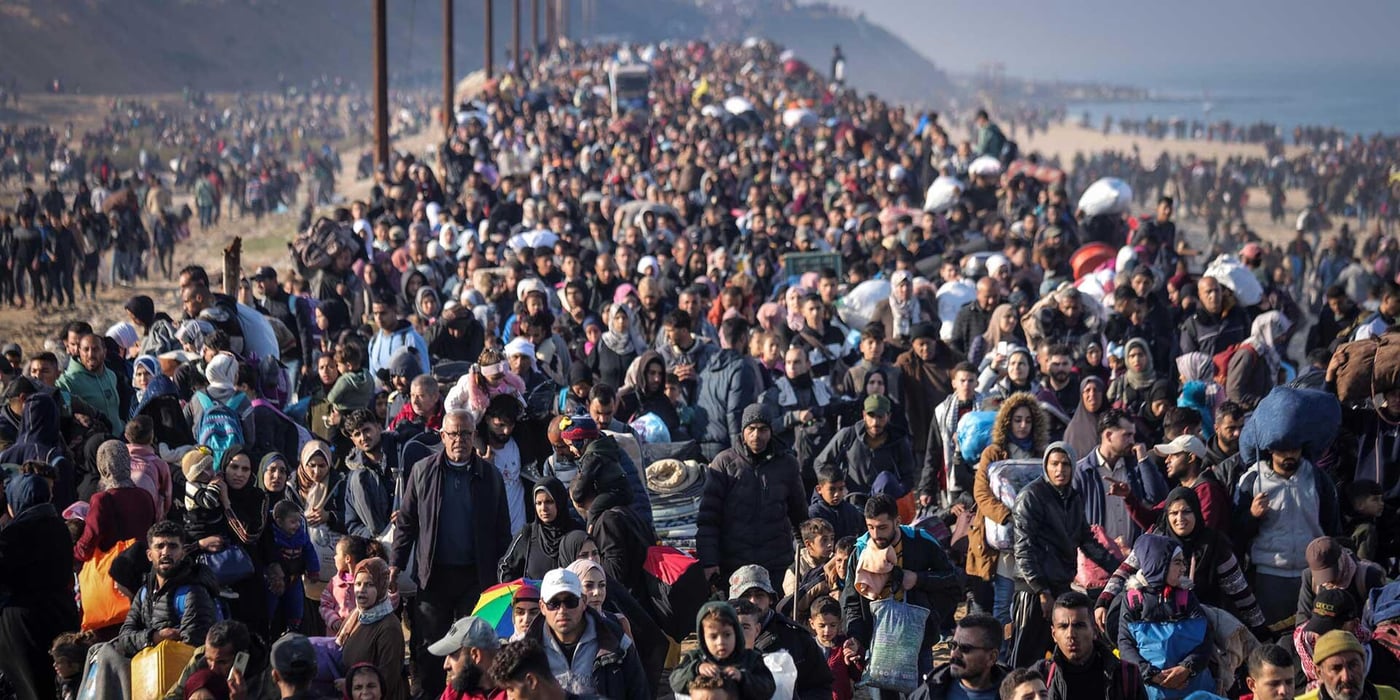The Dadaab attack
On 29 June 2012, a group of armed men opened fire on an NRC convoy in the IFO II Dadaab Refugee Camp in Kenya. Several people suffered gunshot wounds and one driver was fatally injured. Four NRC staff were abducted and taken across the border into Somalia. NRC’s then Secretary General, the Regional Director for the Horn of Africa and the Area Manager for Dadaab managed to escape the scene unharmed. The abducted staff were rescued and returned to Kenya four days later.
The court case
Steve Dennis was one of the NRC staff abducted in Dadaab. He has filed a claim against NRC seeking financial and non-financial damages on the basis that the kidnapping and subsequent loss of work ability was directly caused by negligence and gross negligence on NRC’s part in Dadaab in 2012.
In addition to examining the question of negligence, the court will examine what level of financial compensation Steve Dennis will receive should the court decide that NRC were negligent or grossly negligent.
The Dadaab attack revealed weaknesses in NRC’s implementation of safety and security measures in Dadaab and in the provision of staff care after the incidents. NRC publicly acknowledged this back in 2013. However, NRC does not agree that the weaknesses caused the kidnapping, nor that they constitute any form of legal negligence.
Steve Dennis has received a disability pension from NRC’s insurance company, as well as a lump-sum insurance payment. NRC’s insurance was at the time, and still is, comparable to the coverage of most agencies in the sector.
During the course of 2015, Steve Dennis received several settlement offers from NRC. Unfortunately, NRC has not been able to meet Steve Dennis’ expectations regarding the level of financial support. It is also impossible for NRC to comply with Steve Dennis’ demand that NRC makes a public admission of gross negligence.
After-action review
Steve Dennis has asked NRC to commission an external review of the Dadaab attack.
In the aftermath of the attack, NRC conducted a very detailed internal after-action review of what happened before, during and after the visit. The objective was to uncover weaknesses in the planning and execution of the visit and learn from the incident. The report provided around 130 recommendations to further strengthen NRC’s safety and security work: all of these key action points from the report have been implemented.
Since the review was conducted by NRC staff, an external security consultant was asked by NRC to provide an independent assessment of the review process and the report itself. He concluded that the report was “thorough, honest and transparent”. NRC’s management therefore decided that an additional full external review would not provide substantial new information.
After the attack, NRC also commissioned an independent and external review of its global security management systems. Furthermore NRC examined its staff care systems in order to strengthen its operations, organisational and individual security culture, information security, training and insurance. NRC has also partnered with the Headington Institute to strengthen NRC’s staff care.
NRC continually works to strengthen our security and staff care systems. Staff security is crucial, both for the individual employee and for the organisation’s ability to deliver assistance to the world’s most vulnerable populations. The Dadaab incident has given direction to our organisational learning and the development of our security and staff care systems.
Openness
Steve Dennis has criticised NRC and the humanitarian sector in general for refusing to engage with criticism on security issues and staff care, and for not seeking to learn from mistakes. NRC welcomes the debate about safety and security in the humanitarian sector. NRC strives to cultivate an open and transparent organisational culture. Our security procedures and Code of Conduct state that NRC staff have both a right and an obligation to speak up if they feel that security issues are not being properly addressed. NRC also has a whistle-blowing mechanism enabling staff to alert Head Office.
The Dadaab attack profoundly impacted the entire organisation and NRC deeply regrets the loss and the traumatic experience suffered by all NRC staff in Dadaab in June 2012.



